Posts Tagged ‘student loans’


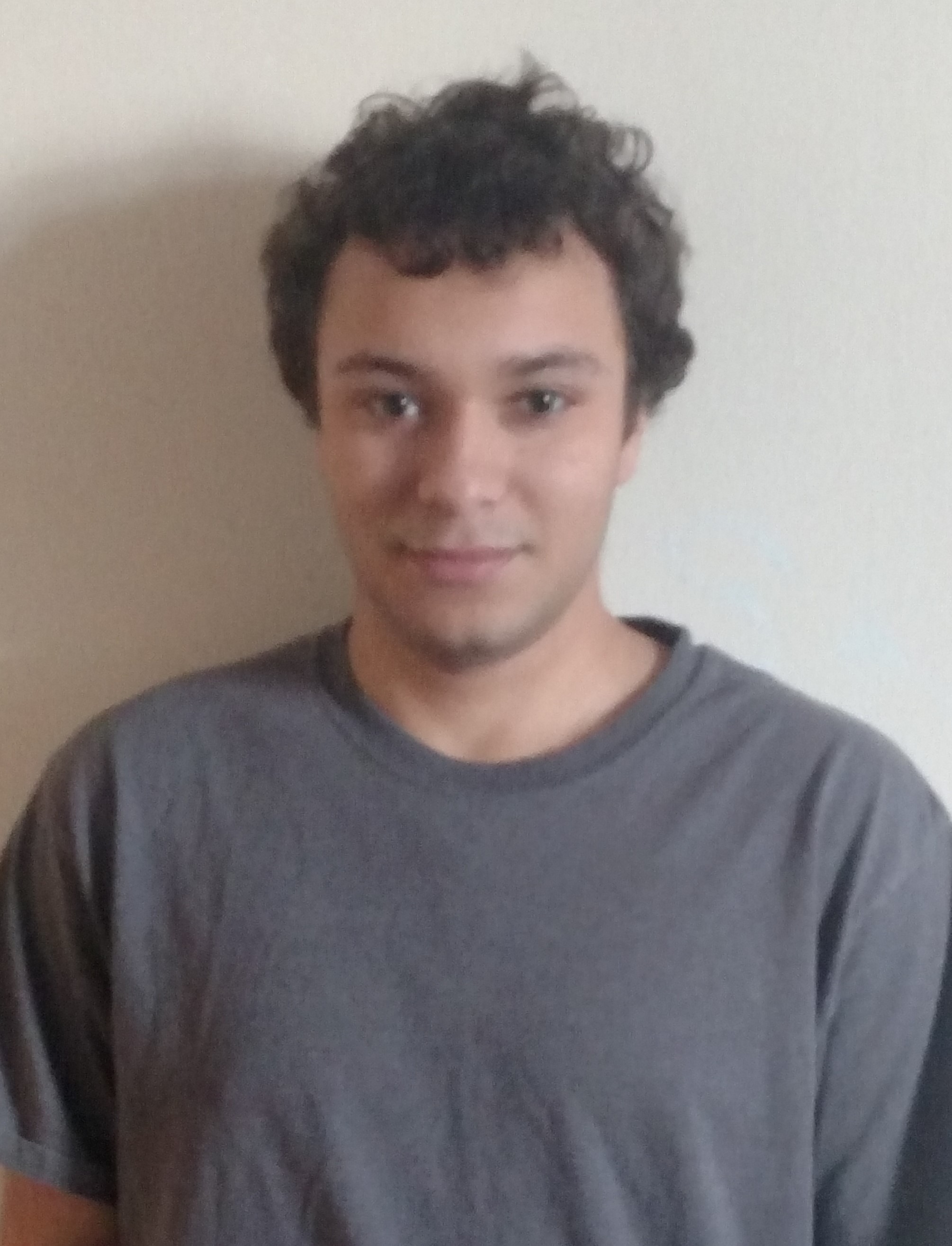 To pay for my education, I get a Pell Grant and a TAP Grant from New York. Usually, I would pay for books with my book voucher, but this year I couldn’t because tuition went up. The way the voucher works is that I would need to have at least $100 more in financial aid than tuition costs. Due to tuition hikes at Nassau Community College, that did not happen this semester. Instead, I had to use a credit card and some money that I had left over from my summer job to pay for my schoolbooks.
To pay for my education, I get a Pell Grant and a TAP Grant from New York. Usually, I would pay for books with my book voucher, but this year I couldn’t because tuition went up. The way the voucher works is that I would need to have at least $100 more in financial aid than tuition costs. Due to tuition hikes at Nassau Community College, that did not happen this semester. Instead, I had to use a credit card and some money that I had left over from my summer job to pay for my schoolbooks.
I plan on graduating Nassau Community College, and moving on to get my Bachelor’s Degree in Education. Since I want to be a teacher, I will need to follow that with my Master’s in teaching which only adds to the costs I will have to pay. The cost of attending a 4-year school are very concerning for me, because I know I will have to take out student loans. I’m worried that by the time I would be eligible for loan forgiveness programs; these programs would have been dismantled. Any cuts to these programs would be putting my future at risk.
Here in New York, we need to increase funding for SUNY and CUNY schools so professors and academic programs can be properly paid for and so electricity and other utility bills aren’t put on the backs of students. Our state leaders can definitely do a better job in terms of funding our schools.


 I’m a student in the Human Service field, I feel forced to take out loans because my mother is the only other person helping me pay for my education and she is a single mother.
I’m a student in the Human Service field, I feel forced to take out loans because my mother is the only other person helping me pay for my education and she is a single mother.
While I was at my 2-year school, both of my parents ended up paying for half of my tuition while I worked my brains out and paid for the other half myself. My mom can’t help me out anymore because of the tuition hikes, which forced me to take out loans in the middle of the semester to cover the tuition. It’s not ideal but it’s better than dropping out.


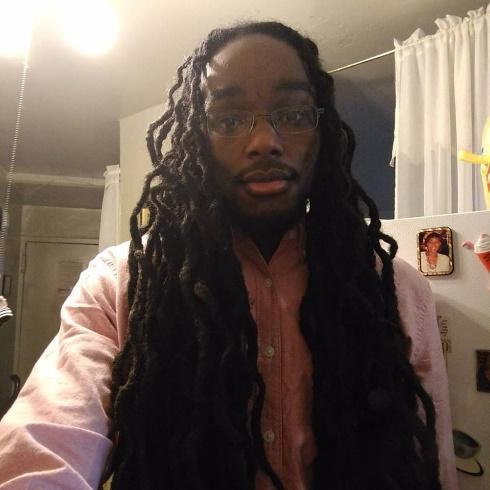
I am currently in $33,000 of student loan debt, and I’m one of the lucky ones, as I know of people whose debt far exceeds that amount. There was never an option of paying out of pocket as I, nor anyone in my family can afford the astronomically high amount it cost to attend school.
The constant rise of tuition is a serious issue for all students as it is pricing out lower income families from a higher education. Even those currently receiving the Excelsior Scholarship could lose it and be faced with this hike.


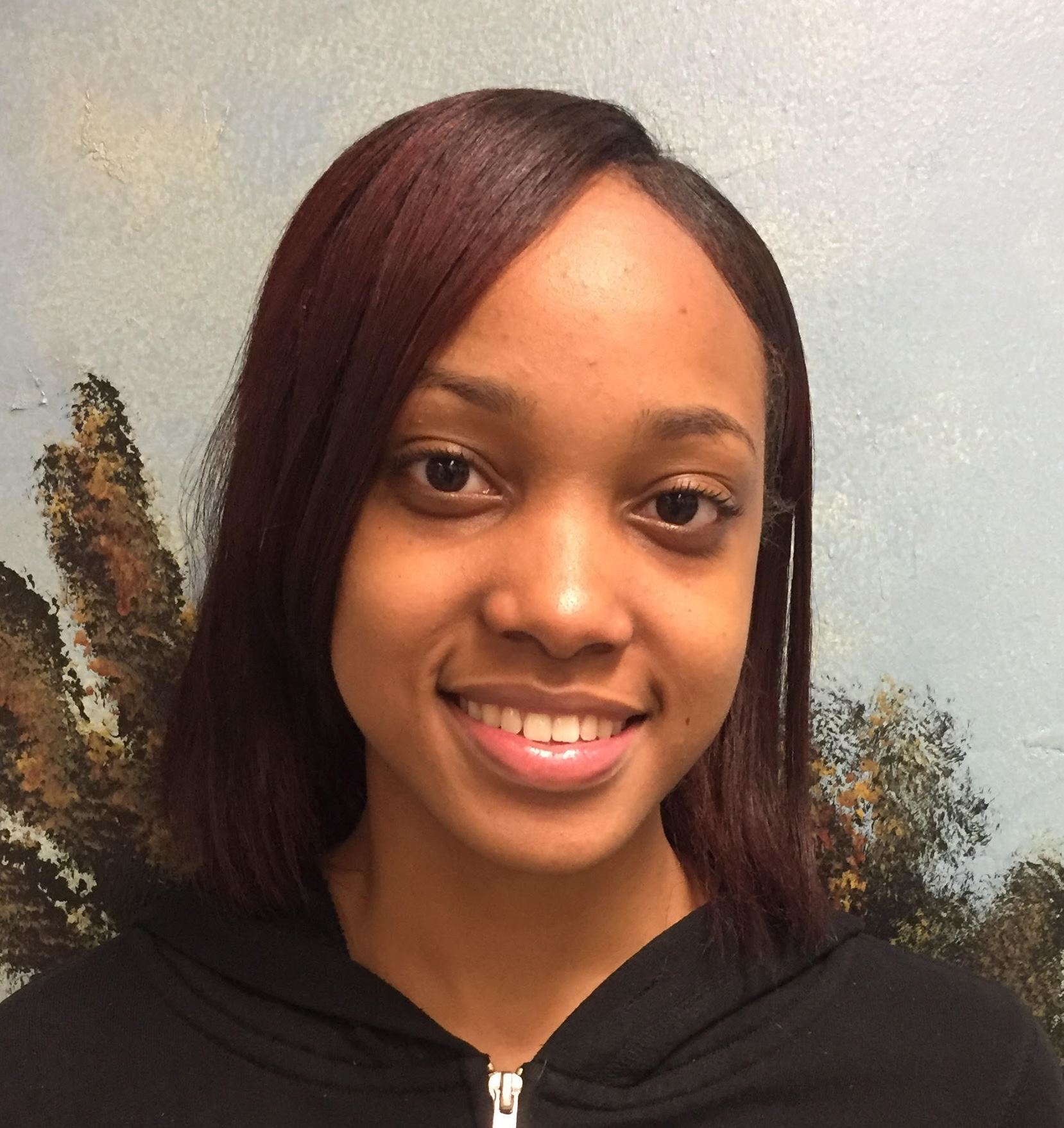
I am a freshman at Brooklyn College studying Communication Television and Radio. Without the Excelsior Scholarship, I would have needed to take out a loan. Luckily, I found out about the scholarship through Forest Hills High School. They pushed me to fill out FAFSA early. They had an assembly about the scholarship and sent emails with a link to apply. I don’t plan to stay in Brooklyn College. My mom just moved to Florida and I will be transferring to a school down there. I am aware that the scholarship will turn into a loan however, I am still grateful because the scholarship gave my mother time to save up before she can start paying out of pocket.
Currently, balancing work and school is a lot. I am taking 15 credits while working 40 hours a week to pay for additional costs such as textbooks, food and transportation. My mom helps me out with the costs but balancing it is a lot, especially straight out of high school. If I had the option to take fewer classes I would. I believe the scholarship would be better if students were able to take a mandatory 12 credits because 15 is a lot of pressure, especially since the scholarship doesn’t cover Winter or Summer semesters.


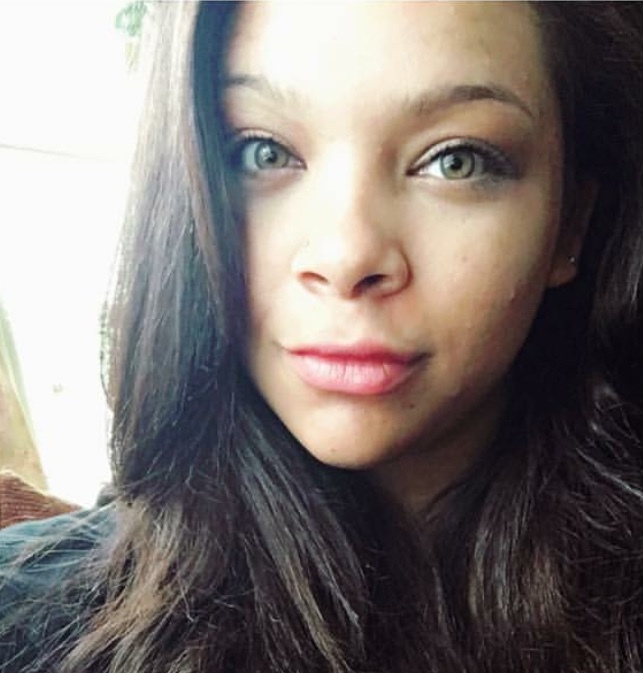
I was raised in a single parent household with my two sisters. My mom worked full time to support us all. She didn’t get the opportunity to go to college but wanted better for me and my sisters. No one in my family has finished a four year degree yet and that is mainly because of the financial burden.
I am a full time student enrolled in the EOP program and do receive financial aid, but that covers tuition. I still have multiple loans in my name I had to take out and have worked 1-2 jobs during the school years to pay for living expenses such as books, food, my car, and most recently off campus rent because seniors aren’t allowed to live on campus anymore. I would love to just focus on school but that’s not possible.
I am worried about paying back those students loans and possibly wanting to further my education because of the costs. Investing in higher education will greatly improve the future students of New York.



I am a freshman, and my major is undecided but I’m looking to go into social work. I am taking out government loans which doesn’t cover my full tuition. The rest is covered through a savings account from my dad.
Textbooks are the most stressful cost. I just got work study placement and the money will go toward food, textbooks, and bus transportation. What CSI needs to have is more shuttle buses for people all over Staten Island. It is the closest CUNY to me and still so hard to get to.


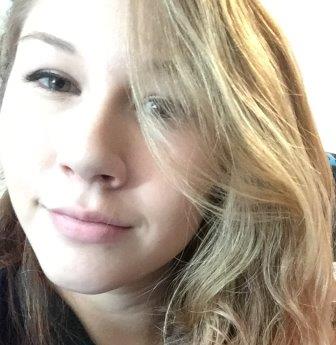
My parents pay for my college tuition in two ways. My mother works for a college, so I am eligible for their tuition exchange program. This covers a little more than half of my tuition per year. I also have scholarships but they remain unused because my school does not accept both the tuition exchange and the scholarship at once. The remainder of tuition comes from my parent’s savings. They have been saving small amounts of income since I was born. They also pay for my on campus housing.
The other expenses associated with college such as art supplies, textbooks, transit and food are paid for with my own savings. I work 10 hours a week at the library. I used to work more hours but unfortunately, the school has a limit on how many hours you can work while having an internship. I find that spending money on food, transit, supplies, and textbooks leaves me with little to no money for the other expenses in life. I would love to explore New York more, but the majority of activities require funding that I don’t have. But, getting a college degree is more important at the moment. Thankfully, I won’t have debt from loans after I graduate, but I do plan to pay my parents back. That totals to about $300,000, if not more. So I will have an informal debt on my hands after I graduate. I’m glad that there will not be interest developing because that is A LOT of money that I do not have.


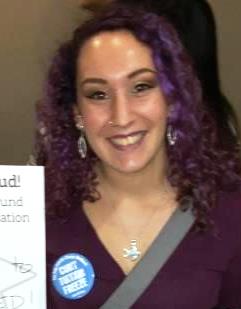
As a senior in high school, I was aware of the vast expenses that accompanied a college education. I was raised in a single parent household, as my father was incarcerated early in my life. My mother, a waitress, did her best to prepare me and my brother for college. Still, I’ve taken out multiple loans in my name, in addition to a Parent Plus loan in my mother’s name. These loans cover tuition and a portion of living expenses, however I pay for the remainder. In addition to being a full-time psychology major with an extensive workload, I work two jobs during the academic year and full-time over the summers to cover cost of living expenses at Cortland.
After I finish my psychology studies here at Cortland, I plan on attending graduate school to study clinical psychology. I love it, why people think the way they do. Everybody deserves the opportunity I’ve gotten, even though it’s been hard. Without education access, our future is much dimmer.



As a Junior at SUNY Cortland, I juggle a full course load in biochemistry, part-time work, and extracurricular activities. I am enrolled in the Work-Study program on-campus and I am a Green Representative. Sponsored by Residence Life and Housing and Physical Plant, the Green Rep program inspires sustainable lifestyles through peer to peer environmental education programs. I also find time to be a Supplemental Instruction (SI) tutor. I’m concerned about be able to fully pay back my student loans. If I don’t get a job, then I’m going to be in debt for my whole life, it seems.


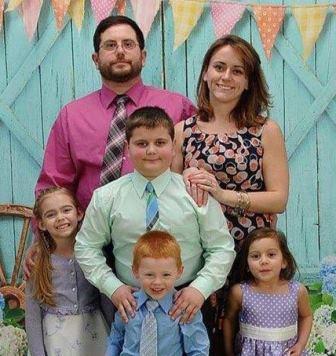
I am a married father with two biological and two foster children. I went to school later in life out of economic necessity. Higher education affordability is very important to me. In 2012 I was denied a much-needed promotion. Simultaneously, my wife became pregnant with our daughter. The reality of the world hit us. My family couldn’t afford to live on my salary any longer, so I decided to leave the workforce to pursue a bachelor’s degree.
After excelling at Onondaga Community College, I transferred to SUNY Cortland where a large portion of my educational expenses were covered by aid. However, despite working upwards of 25 hours a week, I still had to take out loans to cover additional costs associated with getting a degree like transportation, rent, and textbooks. I could not afford to satisfy these costs juggling a full-course load and part-time work.
I will be graduating in May and will be pursuing a doctorate of physical therapy coupled with a master of public health from Adelphi University. My hope is that I can progress into the world of rehabilitation in the hospital setting, working with spinal cord injury patients.
 To pay for my education, I get a Pell Grant and a TAP Grant from New York. Usually, I would pay for books with my book voucher, but this year I couldn’t because tuition went up. The way the voucher works is that I would need to have at least $100 more in financial aid than tuition costs. Due to tuition hikes at Nassau Community College, that did not happen this semester. Instead, I had to use a credit card and some money that I had left over from my summer job to pay for my schoolbooks.
To pay for my education, I get a Pell Grant and a TAP Grant from New York. Usually, I would pay for books with my book voucher, but this year I couldn’t because tuition went up. The way the voucher works is that I would need to have at least $100 more in financial aid than tuition costs. Due to tuition hikes at Nassau Community College, that did not happen this semester. Instead, I had to use a credit card and some money that I had left over from my summer job to pay for my schoolbooks.
 I’m a student in the Human Service field, I feel forced to take out loans because my mother is the only other person helping me pay for my education and she is a single mother.
I’m a student in the Human Service field, I feel forced to take out loans because my mother is the only other person helping me pay for my education and she is a single mother. 






